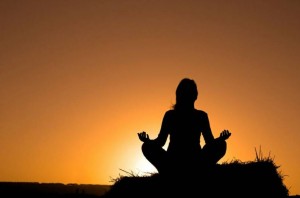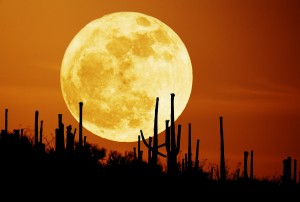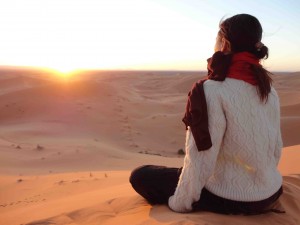 It is a long held tradition of mankind to seek meditation in the desert in order to cleanse one’s self of afflictions. This has been done through out time in ancient societies, religious orders and by sages and mystics of all spiritualities. Even Christ spent time in the desert as a meditative trial. A common theme for meditation in the desert is battling one’s demons. Historically, meditation in the desert has been a test of sorts, either a test of survival, of inner strength or of character. Now, in modern times, this concept is applied on a new level. It is desirable to spend time in the desert meditating in order to heal addiction, mental unhealthiness and other similar afflictions. There are even substance abuse recovery centers and spas located in the deserts of the Southwest United States which operate under these philosophies.
It is a long held tradition of mankind to seek meditation in the desert in order to cleanse one’s self of afflictions. This has been done through out time in ancient societies, religious orders and by sages and mystics of all spiritualities. Even Christ spent time in the desert as a meditative trial. A common theme for meditation in the desert is battling one’s demons. Historically, meditation in the desert has been a test of sorts, either a test of survival, of inner strength or of character. Now, in modern times, this concept is applied on a new level. It is desirable to spend time in the desert meditating in order to heal addiction, mental unhealthiness and other similar afflictions. There are even substance abuse recovery centers and spas located in the deserts of the Southwest United States which operate under these philosophies.
First of all, the concept of meditation is a universal inner peace tactic used by virtually every spiritual sect and tradition. Meditating has been found to improve mental health, increase brain function, expand self-awareness and create peace within the person exercising it. The pace of the world we live in contradicts the spirit of meditation, making it difficult for most people to find the time, but those who do find it to be an exceedingly beneficial practice. Meditation is basically settling into silence and stillness in order to empty one’s mind of overcrowding thoughts. This allows the free flow of ideas and revelations to the person meditating, making them relaxed and open to possibilities.
Because we now know that thought patterns actually influence the chemistry of the brain, the idea of ritualistic mental relaxation is a valuable tool to a person’s physical and mental health. Stopping the rampant flow of thoughts in order to soothe the mind is useful in healing mental disorders, coping with negative emotions and ending addiction through meditation. The more inner reflection a person has, the more self-awareness they gain, which inspires them to make better decisions about their life choices.


